Angel Shave Club For Women
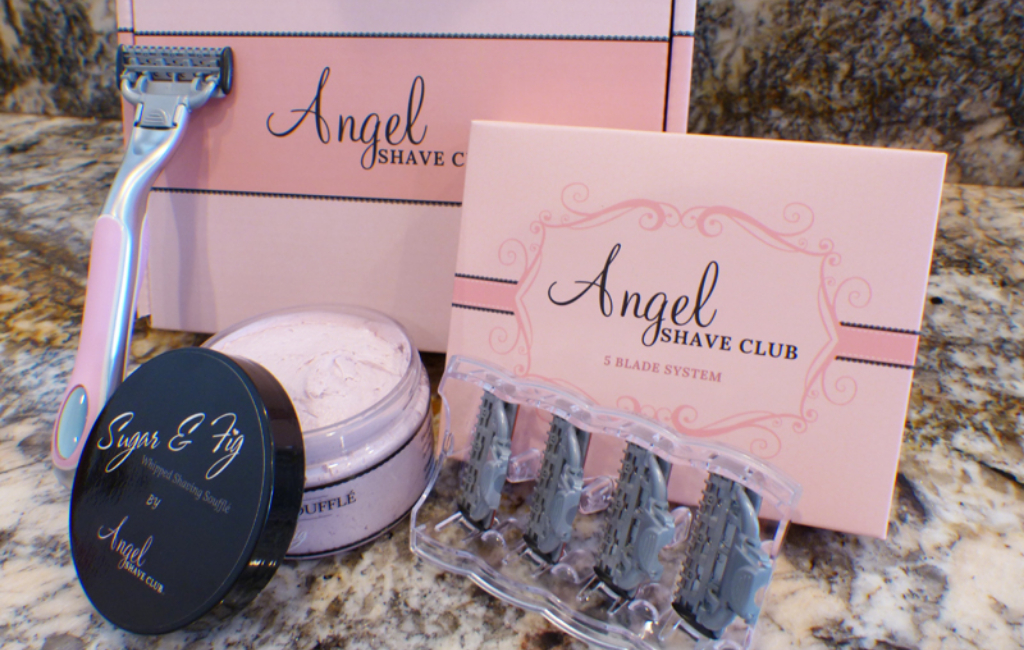
NO DEAL
EPISODE SUMMARY
🕓 Air Date: January 20, 2019
Asking For:
$300,000 for 10%
Investor:
No Deal
Deal:
No Deal
PRODUCT SUMMARY
Angel Shave Club addresses the issue of the "pink tax" by offering a women-focused shave club that provides razors and shaving products equal in quality to men's products but without the gender-based price difference.
WATCH HERE
IN A RUSH?
Click these to jump to the section you want to read.
Background Story
Iskra and Brian, the founders of Angel Shave Club, bring a unique perspective and a passion for addressing gender-based pricing disparities in personal-care products. Iskra, hailing from Bulgaria, and Brian, residing in San Diego, started their entrepreneurial journey driven by a desire to challenge the unjust “pink tax” prevalent in the shaving industry. Brian, often purchasing men’s razors for Iskra due to their lower cost, had a revelation that led to the inception of their business. The concept of Angel Shave Club was conceived during a shower, a classic moment of inspiration.

Frustrated by the fact that women’s personal-care products, including razors, were priced 13% higher than men’s despite being essentially the same, the duo decided to create a solution. Their vision was clear—to establish a shave club exclusively for women, breaking away from the traditional male-oriented shaving clubs dominating the market. Iskra and Brian aimed to empower women by offering them affordable, high-quality razors that catered to their preferences and needs.
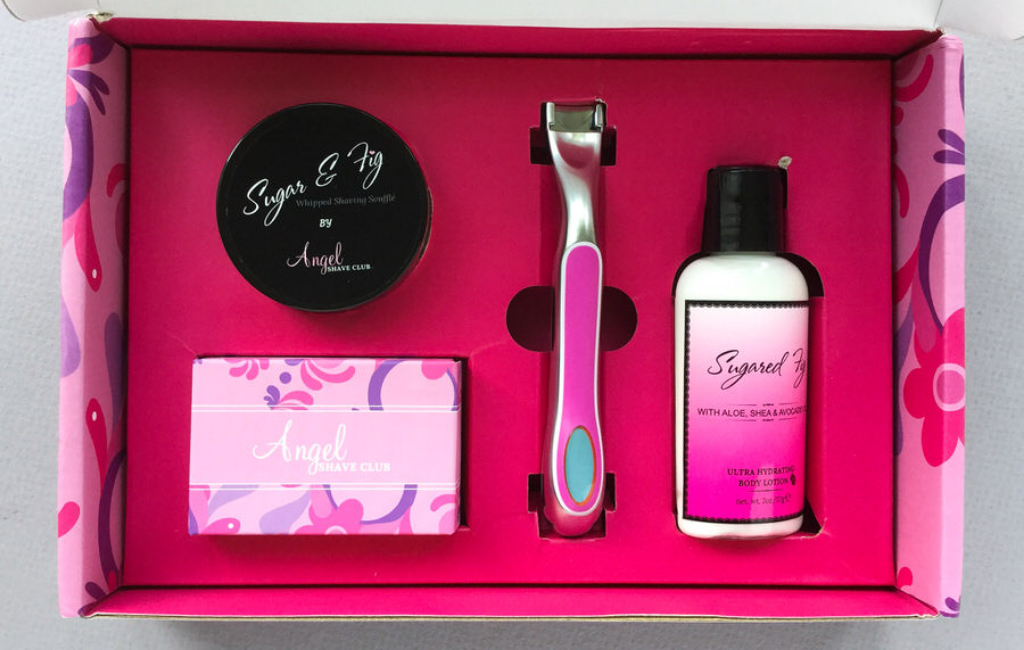
The founders recognized the significance of reflecting their customers’ personalities in their products, hence the distinctive pink handle on their razors. Their commitment to providing equal quality at an equal cost emphasized the principle of combating gender-based pricing discrimination. Launching Angel Shave Club in San Diego, the founders embraced the role of pioneers in the space. Their background experiences, coupled with a deep understanding of the industry’s shortcomings, fueled their determination to challenge the status quo and offer a shaving solution that championed equality and affordability for women.
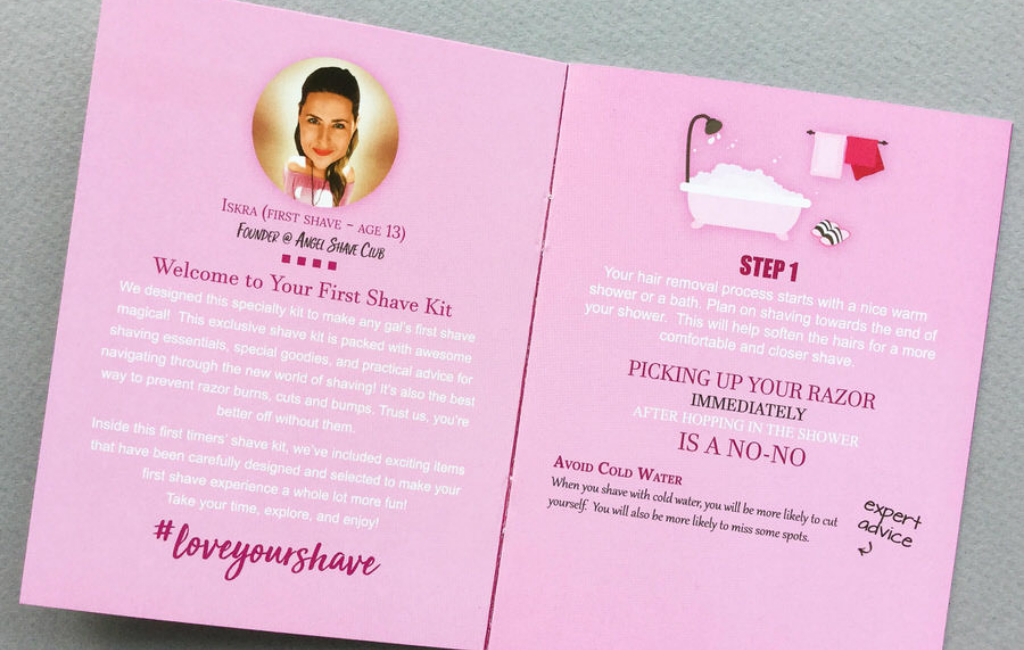
The Product
Angel Shave Club’s flagship product is a subscription-based razor service designed exclusively for women, offering a personalized and affordable solution to combat the pink tax. Customers can choose between receiving a box of six or eight razors every two or four months, providing flexibility based on their shaving frequency.
The razors provided by Angel Shave Club are of equal quality to men’s razors, with the only distinguishing feature being a pink handle that adds a touch of femininity. The founders emphasize that, despite the aesthetic difference, the cost remains exactly the same. The razors aim to cater to women who prefer a more personalized and gender-specific shaving experience.
The subscription model ensures a convenient and regular supply of razors, addressing the common issue of running out of shaving supplies. The founders believe that the razors not only combat the pink tax but also offer superior performance, keeping users smoother for a more extended period compared to other products.
Angel Shave Club’s razors are shipped in a box that serves as the initial order for customers. The subscription can be customized based on the quantity of razors and the frequency of delivery. The pricing for the subscription service is $18 every two or four months, providing an affordable alternative for women who seek both quality and fairness in pricing.
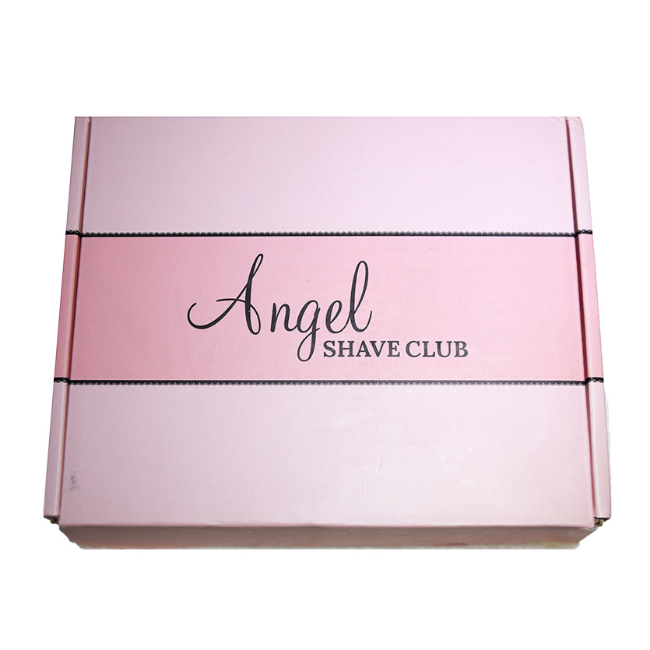
How It Went
The company’s position before Shark Tank
Angel Shave Club, operating for two years, has demonstrated commendable growth and resilience, positioning itself as a prominent player in the women’s shaving industry. With close to 9,000 customers and an average retention of four to six billing cycles, the company has established a loyal customer base. However, the business faces challenges, particularly in terms of profitability and supply chain dynamics. The turn rate, standing at 10-12% monthly, is attributed to customers accumulating excess blades. Despite the substantial customer base, the company’s profitability is hindered by a 90-day lead time in the supply chain, necessitating a strategic focus on reinvesting all earnings to address this issue.
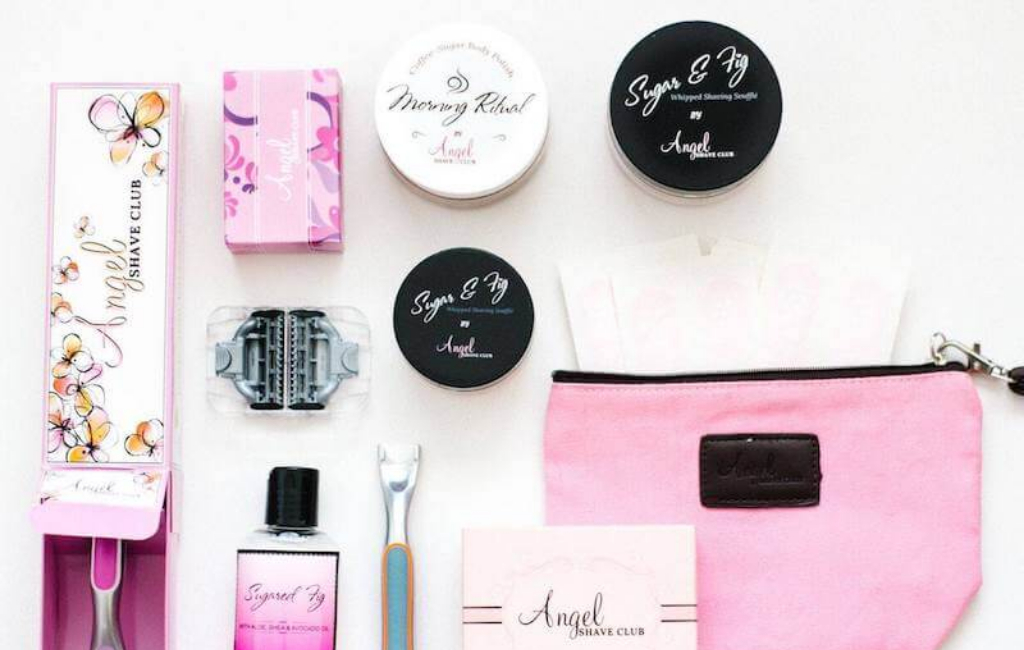
This approach has prevented the realization of profits, as every dollar earned is channeled back into the business to maintain operations and tackle supply chain challenges. In terms of financial performance, Angel Shave Club exhibited impressive sales growth, reaching over $390,000 last year and projecting $700,000 for the current year. However, the founders acknowledge that profitability remains elusive due to heavy reinvestment. The company’s structure emphasizes customer acquisition, with a focus on reducing the turn rate through site improvements, including a better pause feature.
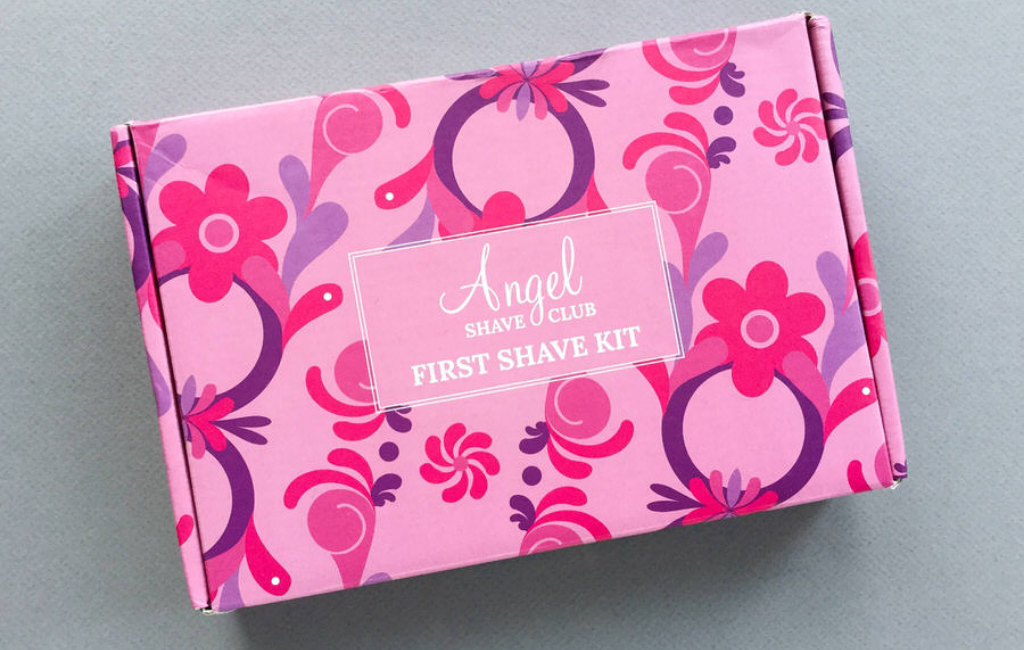
Angel Shave Club’s funding primarily comes from customer subscriptions, with the challenge of balancing cash flow and addressing the 90-day lead time. Despite these challenges, the founders maintain an optimistic outlook, envisioning a future where improved practices and reduced turn rates will pave the way for sustained profitability. The company’s dedication to empowering women and challenging gender-based pricing discrimination remains central to its mission, driving its efforts to overcome operational hurdles and solidify its position in the women’s shaving market.
The Negotiations:
In the “Shark Tank” negotiations, Iskra and Brian entered seeking a $300,000 investment for a 10% equity stake in Angel Shave Club. Despite their compelling pitch addressing the pink tax and showcasing their subscription-based razor service, the Sharks expressed concerns about the company’s profitability, scalability, and competitive landscape. The negotiations took a turn when Mark Cuban questioned the $3 million valuation, emphasizing the lack of current profitability and the substantial cash required for success.

Lori Greiner expressed reservations about market competition, fearing that major players might enter the space and dominate, ultimately leading her to opt out. Other Sharks echoed similar concerns, citing challenges related to the business model’s scalability and the need for substantial marketing expenditures. Kevin O’Leary pointed out the cash-intensive nature of the subscription model, requiring significant investment before achieving profitability. While the founders defended their valuation, highlighting robust sales growth and a positive trajectory, the Sharks remained unconvinced.
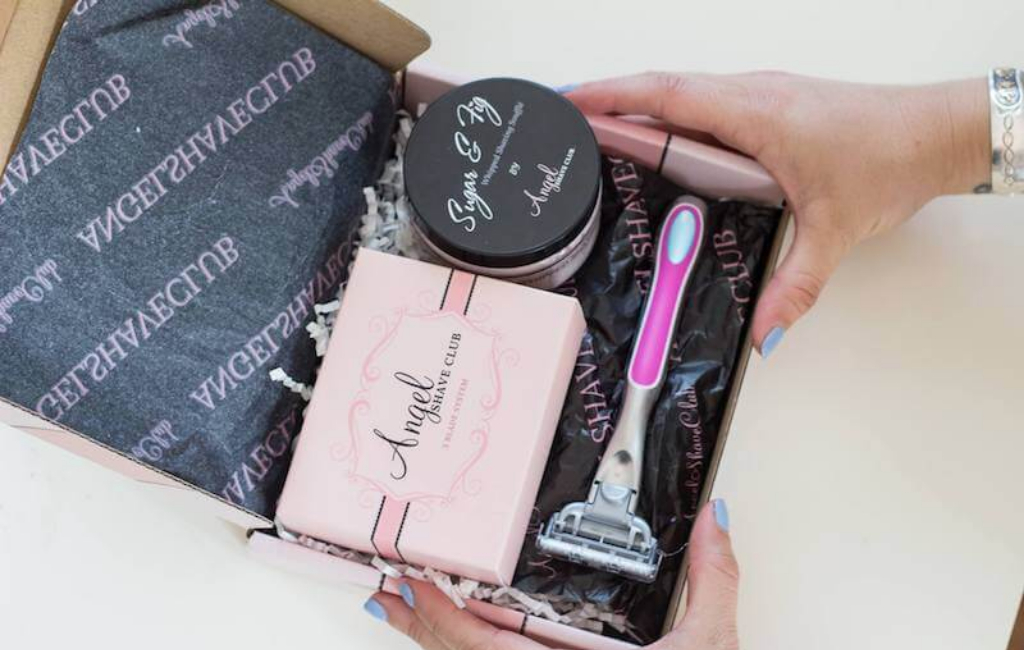
Despite interest from Barbara Corcoran, who appreciated the service but questioned the need for constant replenishment, she also opted out. Daymond John raised concerns about the lack of surprise or variety in the subscription, affecting the potential for customer retention. Ultimately, none of the Sharks made an offer, and the founders left the tank without a deal. The Sharks collectively expressed doubts about the company’s ability to overcome the challenges of the subscription-based model and compete in a market that could attract major players. Despite the setback, Iskra and Brian remained optimistic about the market’s potential and their ability to disrupt the women’s shaving industry with their unique approach to combating the pink tax.







